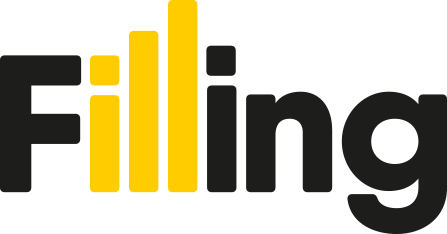Substance use can start gradually, typically as a way to manage with stress, escape problems, or simply experiment. Over time, informal use may spiral into dependency, and the individual may find themselves unable to stop despite harmful consequences. Recognizing the appropriate moment to seek help is critical. Many people delay treatment because they imagine they will manage the problem alone, but there are clear signs that professional assist from a drug rehab center is needed.
Loss of Control Over Use
One of the crucial evident indicators is the inability to control drug use. This might appear as taking larger quantities than intended, using more frequently, or feeling unable to stop even after promising oneself to quit. If attempts to cut down persistently fail, professional assist becomes essential.
Health Problems Caused by Substance Use
Drugs can severely impact both physical and mental health. Persistent fatigue, unexplained weight adjustments, poor hygiene, or frequent illnesses could all stem from substance abuse. Mental health struggles equivalent to anxiousness, depression, paranoia, or temper swings usually worsen with ongoing use. Ignoring these signs not only delays recovery but also increases the risk of long-term damage. A rehab center provides medical supervision to address both withdrawal signs and underlying health conditions.
Strained Relationships
Substance dependence continuously causes conflict with family, friends, and colleagues. Family members might specific concern or frustration, while trust and communication deteriorate. Isolation from social circles or losing important relationships as a result of drug use is a powerful sign that intervention is needed. Rehab centers supply family therapy and support programs that help rebuild these connections.
Decline in Work or School Performance
One other sturdy warning sign is a noticeable drop in productivity. Lacking deadlines, skipping courses, reduced focus, or even losing a job are frequent penalties of addiction. When medication take priority over responsibilities, it becomes clear that outside assistance is required to restore balance and stability.
Monetary Difficulties
Addiction usually leads to monetary instability. Always spending money on substances, borrowing from others, and even engaging in risky or illegal activities to fund use are critical red flags. Rehab programs not only give attention to detox and therapy but also provide steerage on life skills, serving to individuals regain financial and personal responsibility.
Legal Troubles
Repeated arrests for possession, DUI, or disorderly conduct tied to drug use are signs that the difficulty is past personal control. Legal problems shouldn’t be ignored or minimized; they highlight the urgency of professional treatment earlier than circumstances worsen.
Neglecting Hobbies and Passions
Lack of interest in activities that when brought joy—sports, music, hobbies, or spending time with family members—is a standard consequence of substance dependence. When medication change into the central focus of life, it’s a transparent signal that outside assist is needed to restore balance and purpose.
Increasing Tolerance and Withdrawal
A growing need for larger doses to achieve the same impact, mixed with uncomfortable withdrawal symptoms when not using, strongly indicates dependency. Rehab centers provide safe detoxing with medical supervision, reducing the dangers associated with quitting abruptly at home.
Denial and Rationalization
Many individuals minimize their use, deny the severity of their problem, or examine themselves to others they consider “worse.” This form of rationalization prevents early intervention. If friends, family, or even employers have expressed concern a number of instances, it’s necessary to take their observations significantly and consider rehab.
Feeling Hopeless or Trapped
Maybe probably the most urgent sign is a sense of despair—believing that life cannot improve without drugs, or feeling trapped in an endless cycle of use and regret. This hopelessness can lead to harmful outcomes, together with overdose or self-harm. Rehab centers provide structured environments, therapy, and peer support that foster hope and a pathway to recovery.
Recognizing these signs early can save lives. Seeking help from a drug rehab center isn’t a sign of weakness, however an act of courage. With professional care, supportive therapies, and steering, recovery is possible, and individuals can reclaim their health, relationships, and future.
If you loved this short article and you would like to acquire a lot more information about Rolling Hills drug rehab center,Rolling Hills drug rehab center,Rolling Hills drug rehab center,Rolling Hills Recovery Center New Jersey,Rolling Hills drug rehab center,learn more,find out more here,drug and alcohol rehab centers in NJ,addiction treatment in New Jersey,alcohol rehab NJ kindly take a look at our own web site.
